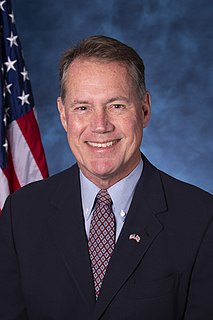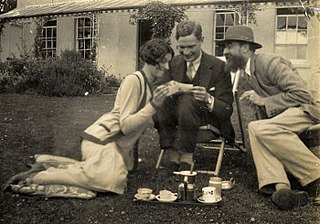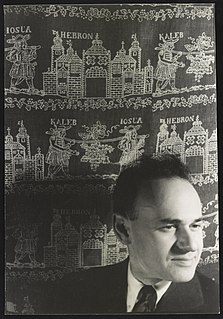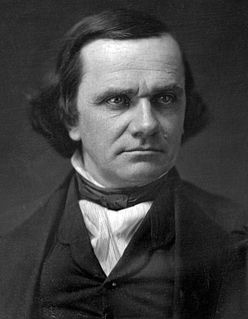A Quote by John Ralston Saul
Moral crusade: Public activity undertaken by middle-aged men who are cheating on their wives or diddling little boys. Moral crusades are particularly popular among those seeking power for their own personal pleasure, politicians who can't think of anything useful to do with their mandates, and religious professionals suffering from a personal inability to communicate with their god.
Quote Topics
Ability To Communicate
Activity
Aged
Among
Anything
Boys
Cheating
Communicate
Crusade
Crusades
God
Inability
Inability To Communicate
Little
Little Boys
Mandates
Men
Middle
Middle-Aged
Moral
Own
Particularly
Personal
Pleasure
Politicians
Popular
Power
Professionals
Public
Religious
Seeking
Suffering
Think
Those
Useful
Wives
Related Quotes
Don't seek approval. This may be the toughest suggestion for you to follow -- and the most important. Whether you'te a teenager seeking approval from your peers, a middle-aged parent seeking the approval of your kids, or a man or woman seeking the approval of a partner, it all amounts to the same thing. You're giving your personal power away every time you seek validation from someone else for who you are.
Those who believe they have pleased God by the quality of their devotion and moral goodness naturally feel that they and their group deserve deference and power over others. The God of Jesus and the prophets, however, saves completely by grace. He cannot be manipulated by religious and moral performance--he can only be reached through repentance, through the giving up of power. If we are saved by sheer grace we can only become grateful, willing servants of God and of everyone around us.
In spite of their obvious differences, folk art and popular art have much in common; they are easy to understand, they are romantic, patriotic, conventionally moral, and they are held in deep affection by those who are suspicious of the great arts. Popular artists can be serious, like Frederick Remington, or trivial, like Charles Dana Gibson; they can be men of genius like Chaplin or men of talent like Harold Lloyd; they can be as uni versal as Dickens or as parochial as E.P. Roe; one thing common to all of them is the power to communicate directly with everyone.
For God to be kept out of the classroom or out of America's public debate by nervous school administrators or overcautious politicians serves no one's interests. That restriction prevents people from drawing on this country's rich and diverse religious heritage for guidance, and it degrades the nation's moral discourse by placing a whole realm of theological reasoning out of bounds. The price of that sort of quarantine, at a time of moral dislocation, is - and has been - far too high.
Blind obedience is itself an abuse of human morality. It is a misuse of the human soul in the name of religious commitment. It is a sin against individual conscience. It makes moral children of the adults from whom moral agency is required. It makes a vow, which is meant to require religious figures to listen always to the law of God, beholden first to the laws of very human organizations in the person of very human authorities. It is a law that isn't even working in the military and can never substitute for personal morality.
I am now speaking of rights under the Constitution, and not of moral or religious rights. I do not discuss the morals of the people of Missouri, but let them settle that matter for themselves. I hold that the people of the slaveholding States are civilized men as well as ourselves, that they bear consciences as well as we, and that they are accountable to God and their posterity and not to us. It is for them to decide therefore the moral and religious right of the slavery question for themselves within their own limits.
To me, God is Truth and Love; God is ethics and morality: God is fearlessness. God is the source of Light and Life and yet He is above and beyond all these. God is conscience... He is a personal God to those who need His personal presence. He is embodied to those who need His touch. He is the purest essence. He simply is to those who have faith. He is all things to all men.


































